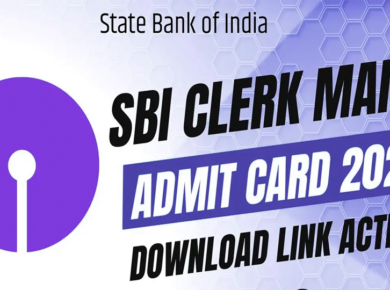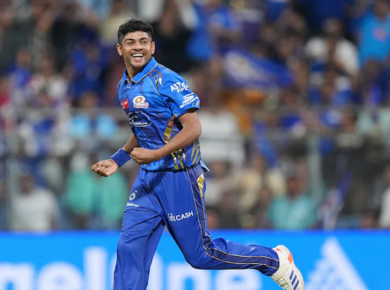Marathi Syllabus UPSC Mains Examination
Marathi Syllabus Paper-I
Answers must be written in Marathi.
Section-A
Language and Folk-Iore
(a) Nature and Functions of Language (with reference to Marathi)
Language as a signifying system → Langue and Parole; Basic functions; Poetic language; Standard Language and dialect; Language variations according to social parameters.
Linguistic features of Marathi in thirteenth century and seventeenth century.
(b) Dialects of Marathi
Ahirani; Varhadi; Dangi
(c) Marathi Grammar
Parts of Speech; Case-system; Prayog-vichar (Voice)
(d) Nature and kinds of Folk-lore
(with special reference to Marathi)
Lok-Geet, Lok Katha, Lok Natya
Section-B
History of Literature and Literary Criticism
(a) History of Marathi Literature
- From beginning to 1818 AD, with special reference to the following → The Mahanubhava writers, the Varkari poets, the Pandit poets, the Shahirs, Bakhar literature.
- From 1850 to 1990, with special reference to developments in the following major forms → Poetry, Fiction (Novel and Short Story), Drama; and major literary currents and movements, Romantic, Realist, Modernist, Dalit Gramin, Feminist.
(b) Literary Criticism
- Nature and function of Literature;
- Evaluation of Literature;
- Nature, Objectives and Methods of Criticism;
- Literature, Culture and Society.
Marathi Syllabus Paper-II
Answers must be written in Marathi. Textual study of prescribed literary works. The paper will require first-hand reading of the texts prescribed and will be designed to test the candidate’s critical ability.
Section-A
Prose
(1) ‘Smritishala’
(2) Mahatma Jotiba Phule “Shetkaryacha Asud; ‘Sarvajanik Satyadharma’
(3) S.V. Ketkar ‘Brahmankanya;
(4) P.K. Atre ‘Sashtang Namaskar’
(5) Sharchchandra Muktibodh ‘Jana Hey Volatu Jethe’
(6) Uddhav Shelke ‘Shilan’
(7) Baburao Bagul ‘Jevha Mi Jaat Chorli Hoti’
(8) Gouri Deshpande ‘Ekek Paan Galavaya’
(9) P.I. Sonkamble ‘Athavaninche Pakshi’
Section-B
Poetry
(1) Namadevanchi Abhangawani’ Ed→ Inamdar, Relekar, Mirajkar Modern Book Depot, Pune
(2) ‘Painjan’ Ed → M.N. Adwant Sahitya Prasar Kendra, Nagpur
(3) ‘Damayanti-Swayamvar’ By Raghunath Pandit
(4) ‘Balakvinchi Kavita’ By Balkavi
(5) ‘Vishakha’ By Kusumagraj
(6) ‘Mridgandh’ By Vinda Karandikar
(7) ‘Jahirnama’ By Narayan Surve
(8) ‘Sandhyakalchya Kavita’ By Grace
(9) ‘Ya Sattet Jeev Ramat Nahi’ By Namdev Dhasal



